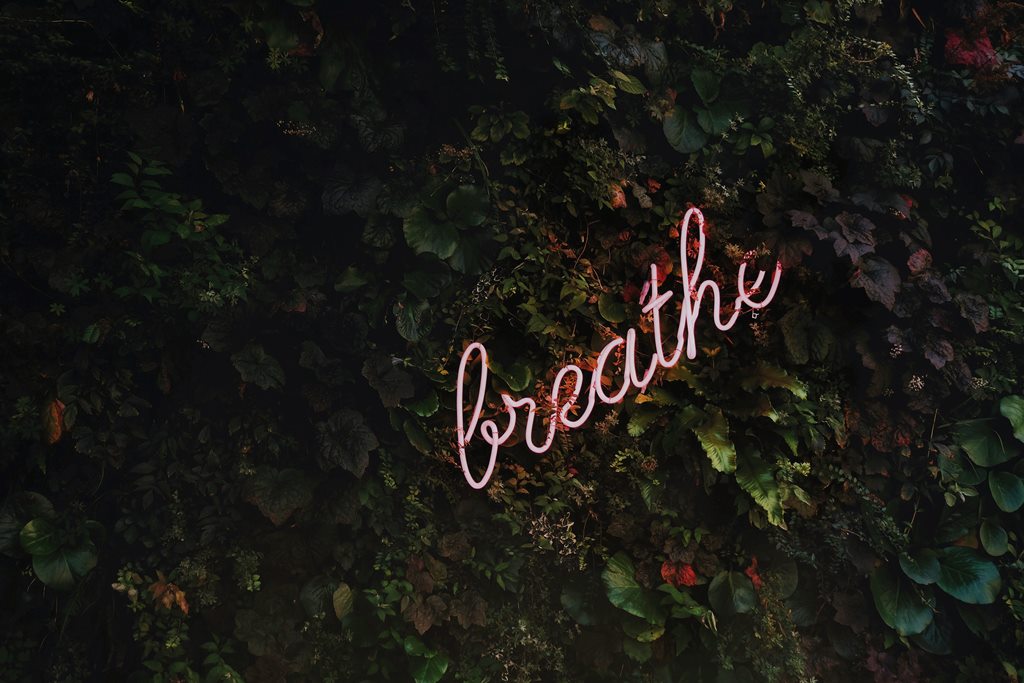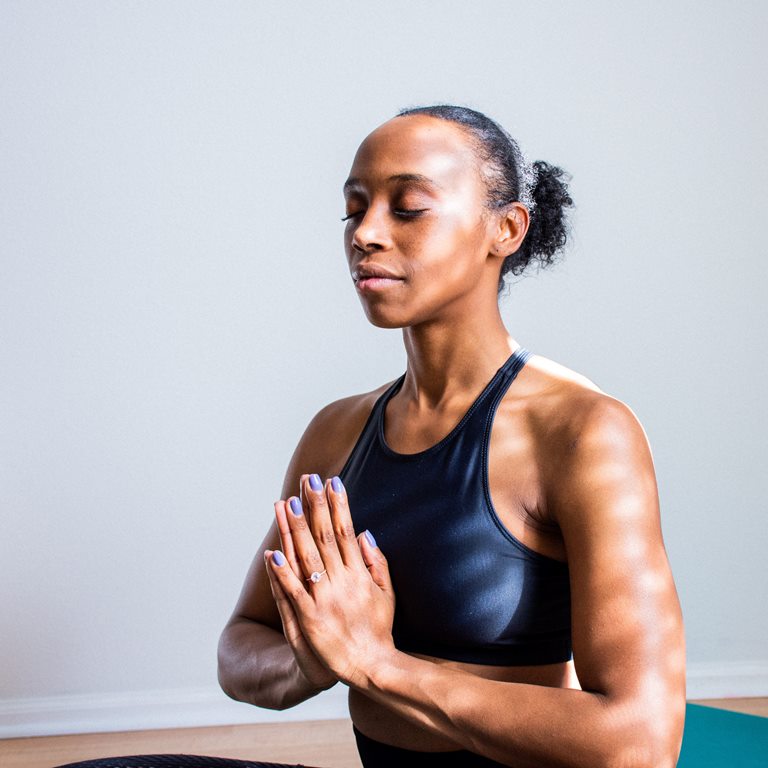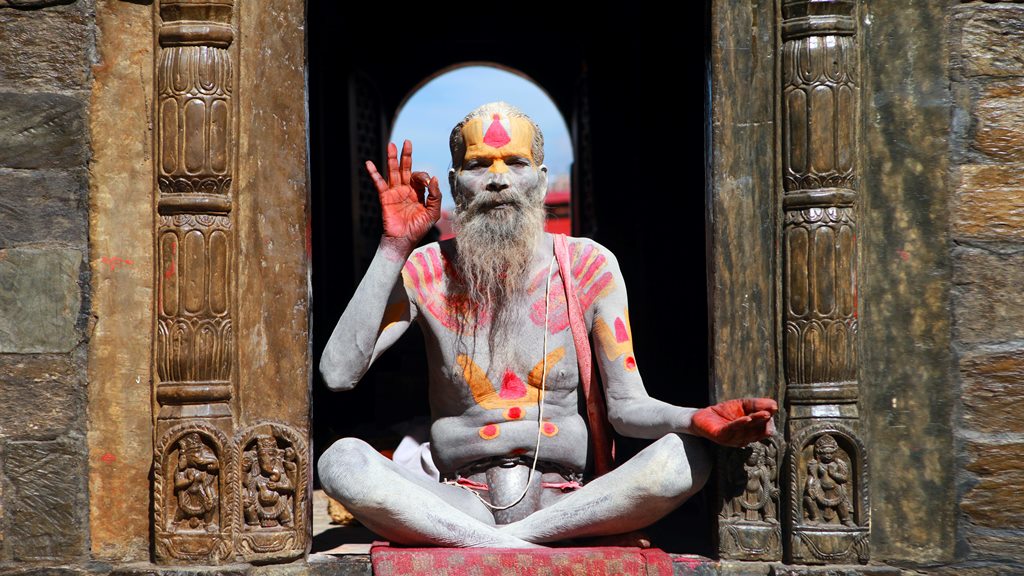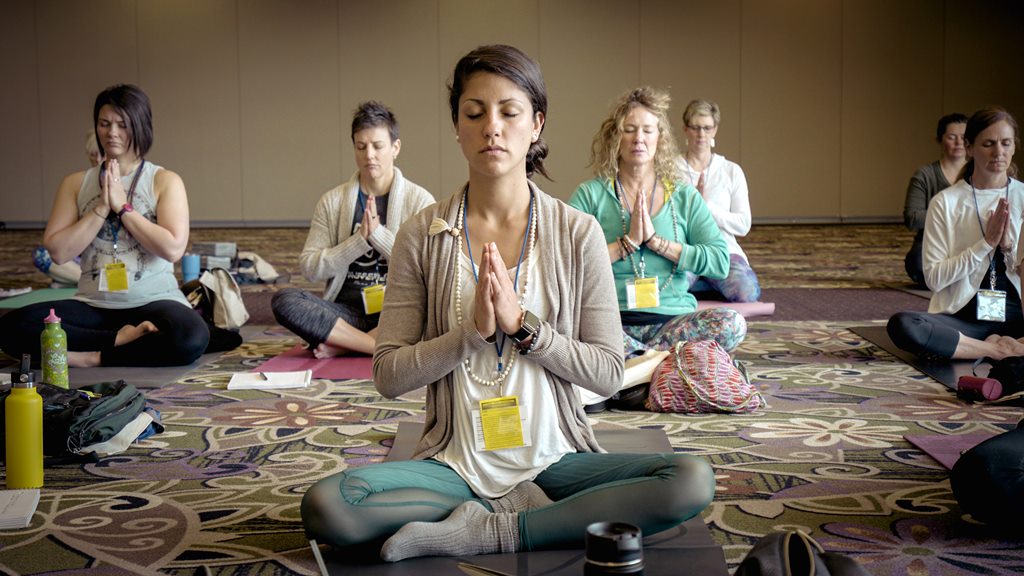For most of us, the reality of never having enough time to de-stress, regroup, and recharge have left us fatigued, lethargic, and unable to break the monotony of the daily grind. If you’re anything like me, I’ve spent years telling myself that I’ve got to find a healthier outlet to cope with the challenges and stresses of urban life, but the inability to focus on something longer than a half hour Netflix series is quite impossible. We’re constantly looking for something to distract ourselves with even when we make time to not do anything from being so tired all the time.
Have we evolved in such a way that has caused our brains to never shut off long enough for us to feel truly rested? Because even sleep doesn’t really cut it as most of us can attest to, when we wake up feeling groggy and frustrated from not having enough of it.
For all the reasons stated above, I’ve wanted to try out meditation for the longest time to see if it’s really all that just from personal accounts of a few people in my life who swear by its benefits. But due to a very endearing trait that I have called procrastination, I never got around to it until the whole world came to a screeching halt because of a particularly resilient virus that’s caused us all to be holed up at home with our anxieties, bad habits, and addictions.

The real reason as to why I’ve kept meditation as an absolute last resort in keeping my sanity is simply because I didn’t believe my brain would behave and shut up when I tell it to. Because it doesn’t, and I’m 100% certain that this is a real conundrum most of you would agree with. In fact, there are many who actually question the plausibility of solving mental, emotional, and even physical problems just by sitting still and breathing. It can’t be that easy…can it?
Well, sure, I suppose it’s not. The biggest challenge sometimes is the attempt to make healthier decisions, and once you’ve jumped that hurdle, just the willingness to try is is what makes the journey forward much easier. I’m not going to lie, it’s still a challenge putting this into practice everyday (oh that pesky procrastination), but personally experiencing some pretty remarkable differences in the last few months has made me want to spread the gospel to those in need of a positive shift in their lives.
1. Stress: The Silent Killer
Have you ever wondered how the prevalence of stress affects every facet of our lives? It’s because mental and physical stress causes increased levels of a rather menacing hormone called cortisol. Cortisol causes a myriad of health problems like high blood pressure, type 2 diabetes, osteoporosis, weight gain, fatigue, impaired brain function, and disrupts the immune system which leads to easier contraction of infections.
On top of that, cortisol also releases inflammation-promoting chemicals called cytokines which in effect, is the culprit behind insomnia, depression, and anxiety.
Studies have shown how mindfulness meditation is able to reduce cortisol levels enabling stress reduction, while effectively combating all kinds of health problems in the long run. Unmistakably, your mind (brain) is the most powerful organ in your body that determines your overall health.
2. With Friends Like Anxiety, Who Needs Enemies?
Anxiety is that infernal monkey on our backs that many of us wish we could just be rid of. Realistically, anxiety is what happens when we’re unable to regulate our emotional responses to what we perceive as threats to our well being. Instead, we unknowingly feed off our feelings of anxiousness resulting in all kinds of disorders such as social anxieties, types of phobias, paranoia, obsessive compulsive behaviours, and panic attacks. Here is when your brain is trying to tell you, help is needed pronto!

Although anxiety is a very human response to certain stresses, it’s important to know how to manage it at a neural level and this is where mindfulness meditation comes in.
3. Emotional Health is Just as Important as Physical Health, if not, More So
It’s a serious mental challenge to maintain a positive outlook on life in general during these dark days of uncertainty, and it is definitely an area most of us tend to ignore as we strive just to survive. However, while we’re doing our best in the face of disturbing circumstances, it’s imperative to keep our minds focused on hope, gratitude, and positivity even when there’s nothing to feel positive about. State of mind is everything as long as we are able to draw breath, and learning how to manage natural yet negative emotions like anger and fear does a world of difference when all we can do is take one day at a time.
4. I’m not Addicted, You are
Realistically, we all struggle with some form of addiction with the only difference being scalability ranging from mildly guilty pleasures right up to life-threatening habits. Meditation has been medically proven to be a powerful tool in rewiring, restructuring, and reprogramming brain functions that produce thought patterns through a very compelling phenomenon called neuroplasticity!
Although approached as a holistic form or treatment and rehabilitation, the effectiveness of meditation practices have helped numerous people struggling with addiction to alleviate certain chemical imbalances in their brains on their road to recovery.
5. Why is Resting in Peace only Reserved for the Dead?
Let’s face it, a truly good night’s worth of uninterrupted sleep can make us feel pretty invincible the next day. I think I can probably count the number of times that oh so elusive of occurrences has happened where I wake up feeling like a new person. And this is something almost every single human on the planet has struggled with at some point – lack of sleep. Maybe except for infants, but naturally, their time will come too.
Practicing daily meditation helps in managing our constantly racing minds that refuse to quieten down often leading to insomnia. The ability to empty the mind while focusing on our breathing has a miraculous effect on our quality of sleep. With regular practice, meditation also increases concentration and focus in other areas of your life where you need it to. Ultimately and most importantly, practicing mindfulness meditation help make you a happier person.

Here are 5 free mindfulness apps to get you started on your journey to a healthier life. Alternatively, you can also find lots of mindfulness meditation videos on YouTube.

















